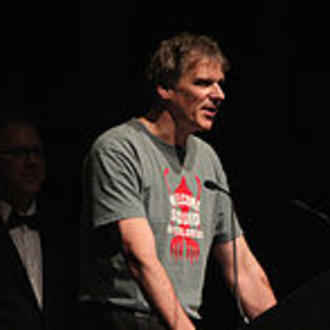Цитаты
They called it inattentional blindness, and it had been well-known for a century or more: a tendency for the eye to simply not notice things that evolutionary experience classed as unlikely
The whole BioMed subdrum was but a part of the Szpindel prosthesis: an extended body with dozens of different sensory modes, forced to talk to a brain that knew only five
There was a model of the world, and we didn't look outward at all; our conscious selves saw only the simulation in our heads, an interpretation of reality, endlessly refreshed by input from the senses. What happens when those senses go dark, but the model—thrown off-kilter by some trauma or tumor—fails to refresh? How long do we stare in at that obsolete rendering, recycling and massaging the same old data in a desperate, subconscious act of utterly honest denial? How long before it dawns on us that the world we see no longer reflects the world we inhabit, that we are blind?
Впечатления
fb2epub
Перетащите файлы сюда,
не более 5 за один раз

